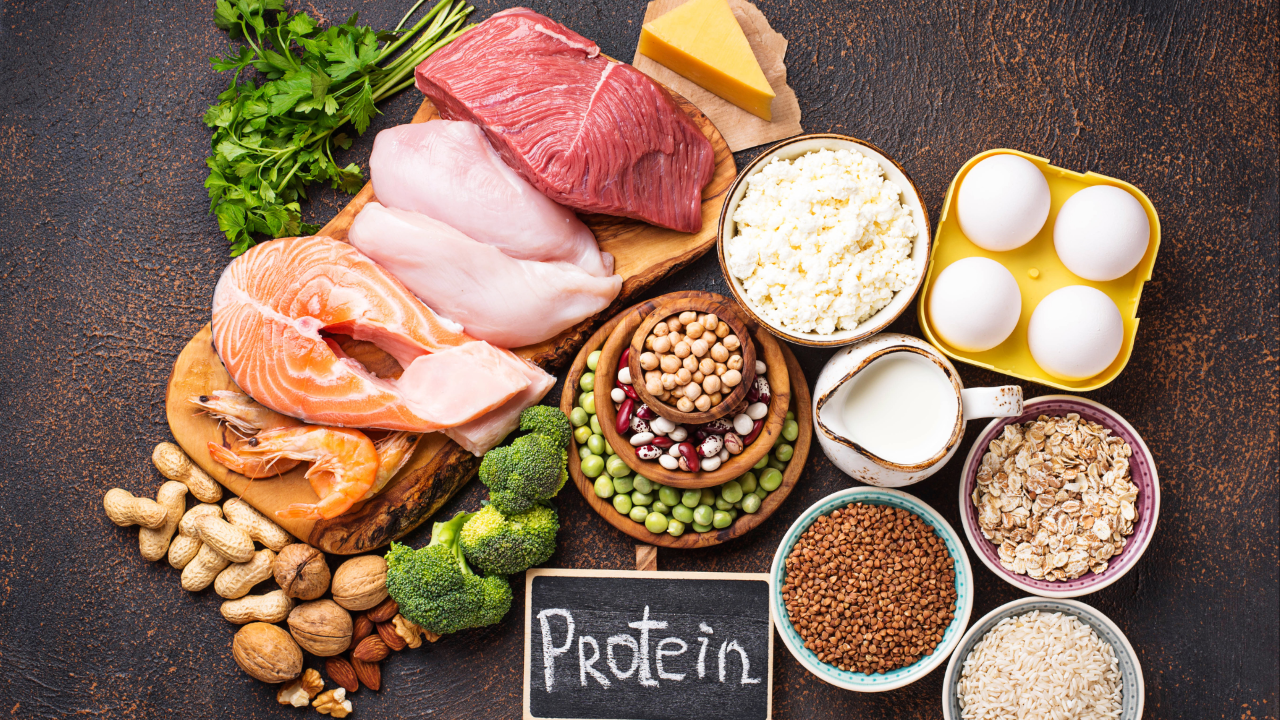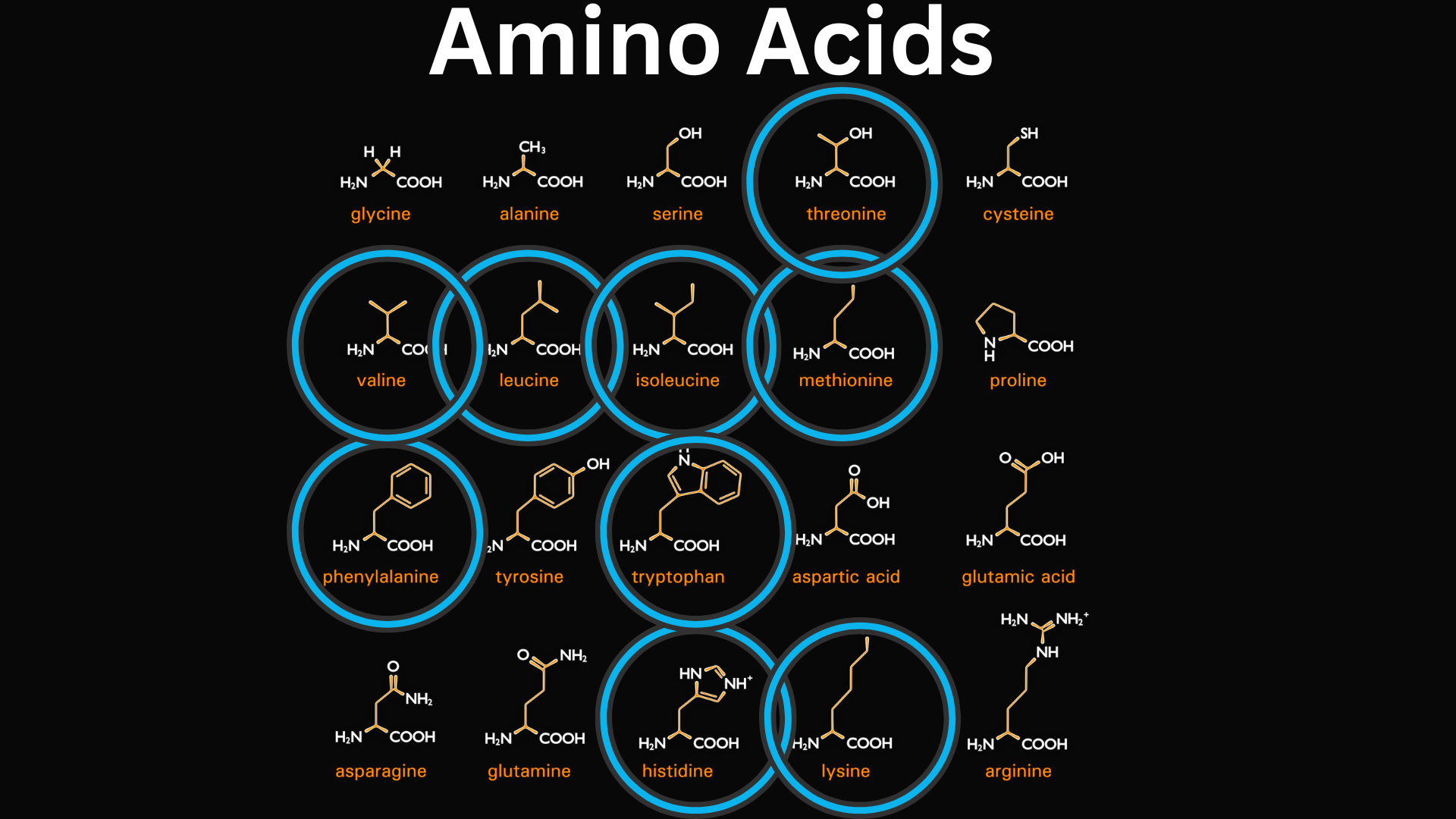
18 Sep How to Reverse Type 2 Diabetes: The Surprising Role of Protein in Blood Sugar Control
When aiming to improve health, lose weight, or manage type 2 diabetes, many people focus on reducing carbohydrates. But did you know that protein plays a critical role in blood sugar management and can help you on the journey of how to reverse type 2 diabetes naturally?
What Is Protein and Why Is It Essential for Our Bodies?
Protein is made up of amino acids, the building blocks of every cell in your body. Amino acids are essential for:
- Growth and repair of muscles, bones, and organs.
- Hormone and enzyme production.
- Maintaining overall metabolic function.
Your body requires 20 amino acids to survive. It can produce 11 on its own, but the remaining 9, called essential amino acids, must be obtained from your diet.

Which Foods Provide the Best Protein for Blood Sugar Management?
Animal proteins contain all essential amino acids in high amounts, making them highly effective for maintaining muscle and controlling appetite. Examples include:
- Meat and poultry
- Seafood
- Eggs
- Cheese and dairy products
Plant proteins also contain essential amino acids but in smaller amounts. To match the protein concentration from animal sources, you may need larger portions of foods like:
- Tofu and soy-based products
- Nuts and seeds
How Does Protein Support Weight Loss and Reversing Type 2 Diabetes?
Protein has a unique ability to support weight management and blood sugar control by:
- Stimulating hormones that increase feelings of fullness.
- Increasing calorie burn during digestion compared to fats or carbohydrates.
- Supporting the management of fatty liver, a common issue in type 2 diabetes.
Interestingly, protein consumption can stimulate the same hormones targeted by weight-loss medications such as Ozempic, Trulicity, Victoza, or Saxenda. This allows you to mimic some benefits naturally through dietary choices.

How Does Protein Help Preserve Lean Muscle Mass?
When losing weight, the goal is to burn fat, not valuable muscle. Adequate protein intake preserves muscle tissue even during calorie restriction. This is essential because maintaining lean muscle helps regulate blood sugar and enhances metabolic health, making it a key factor in reversing type 2 diabetes.
Can Protein Enhance Fat Burning?
Yes! Protein promotes fat burning by:
- Stimulating hormones like glucagon that release stored fat into the bloodstream.
- Providing amino acids that support enzymatic processes for breaking down fat molecules.
Why Is Protein Important for Recovery and Health?
Protein not only supports muscle repair after exercise but is also critical during illness or recovery from surgery. Meeting your protein requirements ensures your body has the building blocks it needs to heal efficiently and maintain metabolic balance.
What Are the Additional Benefits of Higher Protein Intake?
- Better Nutrition: Replacing some fats with protein increases intake of amino acids and vitamins while keeping calorie intake manageable.
- Bone Health: High protein intake reduces the risk of osteopenia and osteoporosis, which are linked to aging and frailty.
- Muscle Strength: Adequate protein combats sarcopenia, helping maintain strength and mobility, especially after menopause or as we age.
How Much Protein Should You Consume for Optimal Health?
Protein requirements vary depending on body size, age, and health conditions such as insulin resistance or type 2 diabetes. A middle-range recommendation is:
1.2–2.0 grams of protein per kilogram of body weight daily
Men often require slightly more protein than women, and individuals who are physically active or older may need higher amounts.
Conclusion: How Protein Supports Weight Loss and Reversing Type 2 Diabetes
Protein is not just a macronutrient—it’s a tool for managing appetite, preserving muscle, enhancing fat metabolism, and supporting blood sugar stability. Incorporating adequate protein from both animal and plant sources can help you achieve weight loss goals and take meaningful steps toward how to reverse type 2 diabetes naturally.
For more guidance, consider speaking with a nutritionist or enrolling in a course focused on low-carbohydrate diets and protein-based nutrition strategies.
